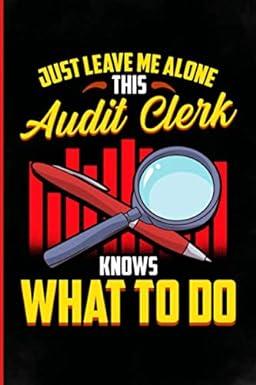Question
Activation Exercise 12-4: Straight Line Bond Premium Amortization Terms and Definitions When a bond sells for more than its face amount, the difference between the
Activation Exercise 12-4: Straight Line Bond Premium Amortization
Terms and Definitions
When a bond sells for more than its face amount, the difference between the selling price and the face amount is called a . A bond discount or premium must be amortized to interest expense . The straight line method amortizes equal amounts of bond discount / premium to interest expense each period. Amortization the contract rate of interest to a rate of interest that approximates the market rate.
Understanding the Business Transaction
Bonds sell at a premium when the market rate of interest is than the contract rate of interest. Premium amortization is the amount of cash interest paid, causing the amount of interest expense reported in the income statement to be the amount of cash interest paid on a bond.
On the first day of the fiscal year, Jill Company issues $3,672,000, 11%, 10-year bonds for cash of $4,715,773 when the market rate of interest was 7%. The bonds pay interest semi-annually on June 30 and December 31. Determine (1) the premium on bonds payable at the date of issuance, (2) the semi-annual cash interest payment, (3) the semi-annual premium amortization using the straight line method, and (4) the semi-annual interest expense.
Round your answers to the nearest whole dollar amount.
| Selling Price of Bonds | $ | |
| Face Value of Bonds | ||
| Premium on Bonds Payable | $ | |
| Semi-annual Cash interest payment | $ | |
| Semi-annual Premium amortization | ||
| Semi-annual Interest expense | $ |
Recording in the Accounting System
Journalize the first interest payment and the amortization of the bond discount on June 30, 2014.
Round your answers to the nearest whole dollar amount. If an amount box does not require an entry, leave it blank or enter "0".
When bonds sell at a premium, the semi-annual interest expense reported in the income statement will be the semi-annual cash interest paid to bondholders.
Financial Statement Impact
On July 1, 2014 Guinard Company issues $1,000,000, 10%, bonds payable when the market rate of interest is 8%. Click here and use the slider to select the relevant interest rate to answer the following questions.
| 1. | If the bonds have a 10-year term and are issued when the market rate of interest is 9%: |
| a. | How much semi-annual interest expense will the company report every six months? |
| $ |
| b. | How much of the bond premium will the company amortize every six months? |
| $ |
| c. | How much cash interest will the company pay to bondholders every six months? |
| $ |
| d. | If the market rate of interest remains constant, and the number of periods decreases, the semi-annual premium amortization will . |
| 2. | If the bonds have a 5-year term and are issued when the market rate of interest is 7%: |
| a. | How much semi-annual interest expense will the company report every six months? |
| $ |
| b. | How much of the bond premium will the company amortize every six months? |
| $ |
| c. | How much cash interest will the company pay to bondholders every six months? |
| $ |
| d. | If the number of periods remains constant, and the market rate of interest decreases, the semi-annual interest expense will . |
Step by Step Solution
There are 3 Steps involved in it
Step: 1

Get Instant Access to Expert-Tailored Solutions
See step-by-step solutions with expert insights and AI powered tools for academic success
Step: 2

Step: 3

Ace Your Homework with AI
Get the answers you need in no time with our AI-driven, step-by-step assistance
Get Started


